A few days later, my wife had some work to do at her parents' house, so she woke up at dawn to prepare to go back to her hometown. She kept calling me to wake up, but I kept trying to delay. She was annoyed and said loudly that I was irresponsible. Then she reminded me of what I had done for the neighbor's family. She also said that I was just too enthusiastic and overestimated my strength. The day I entertained the neighbor's family, I drank too much, got drunk, and had to take the whole next day off work.
After listening to my wife's accusations for a while, I said, "It's like selling distant relatives to buy nearby neighbors. That's what our grandparents taught us." My wife kept quiet, because she knew she wouldn't be able to argue back.
Since I was a child, I have memorized the saying and the explanation about the importance of neighbors in village relations. Growing up and working far away, my brothers and sisters are all in the countryside, I always apply that, trying my best to be close to the neighbors with the hope of helping each other. My wife once said that I used it to an extreme, but I always think that if I am not rewarded now, then later.
Moreover, living in the same residential area requires unity to be happy. The neighborhood's union committee and mass organizations always call for that. Every year, the neighborhood organizes a national unity festival, with loud music and parties. Every month, the neighborhood's loudspeakers provide information and call for people to unite to build a civilized lifestyle and a cultural neighborhood.
I take that to heart, and I try to make it happen. But more and more I see that my wife is right.
Not long ago, my neighbor told me that his son had just graduated from university and asked me to help him get a job in the government because he thought I had a wide network of connections. Out of respect for my neighbor, I tried to approach a familiar person and waited for the recruitment agency to open.
To get a job in a government agency, you have to pass an exam, and the neighbor's child failed because he graduated from a lower-ranked school and didn't study for the exam. I explained the reason clearly, but I couldn't avoid being resentful. The neighbor told the whole neighborhood that because he didn't give me money, I had intentionally let their child fail. I explained to the people in the neighborhood, but why should they listen to me, because the story the neighbor told was common in society for a long time.
I lost a neighbor whom I had tried for years to “sell distant relatives to buy close neighbors” just because I did not help his child get a job. Why did the neighbor not see my enthusiasm and responsibility before, but instead tried to impose his will and was willing to “sell” a responsible neighbor.
Harmony and solidarity within the same community are the eternal beauty of the Vietnamese people. However, for communities to truly become united, lifestyles and behaviors must be built and operated on the principles of democracy, equality, respect and sharing. If someone always puts their own interests first, then no matter how hard they try, it will be difficult to have good neighbors and a unified community.
The residential areas are clamoring to build a cultural life. They have determination, but more than that, they have heart. Otherwise, if they always put their own interests first, then no matter how hard they try, they will only be loose communities.
Happiness
Source: https://baothanhhoa.vn/mua-lang-gieng-gan-245360.htm




![[Photo] Closing of the 11th Conference of the 13th Central Committee of the Communist Party of Vietnam](https://vstatic.vietnam.vn/vietnam/resource/IMAGE/2025/4/12/114b57fe6e9b4814a5ddfacf6dfe5b7f)

![[Photo] Overcoming all difficulties, speeding up construction progress of Hoa Binh Hydropower Plant Expansion Project](https://vstatic.vietnam.vn/vietnam/resource/IMAGE/2025/4/12/bff04b551e98484c84d74c8faa3526e0)



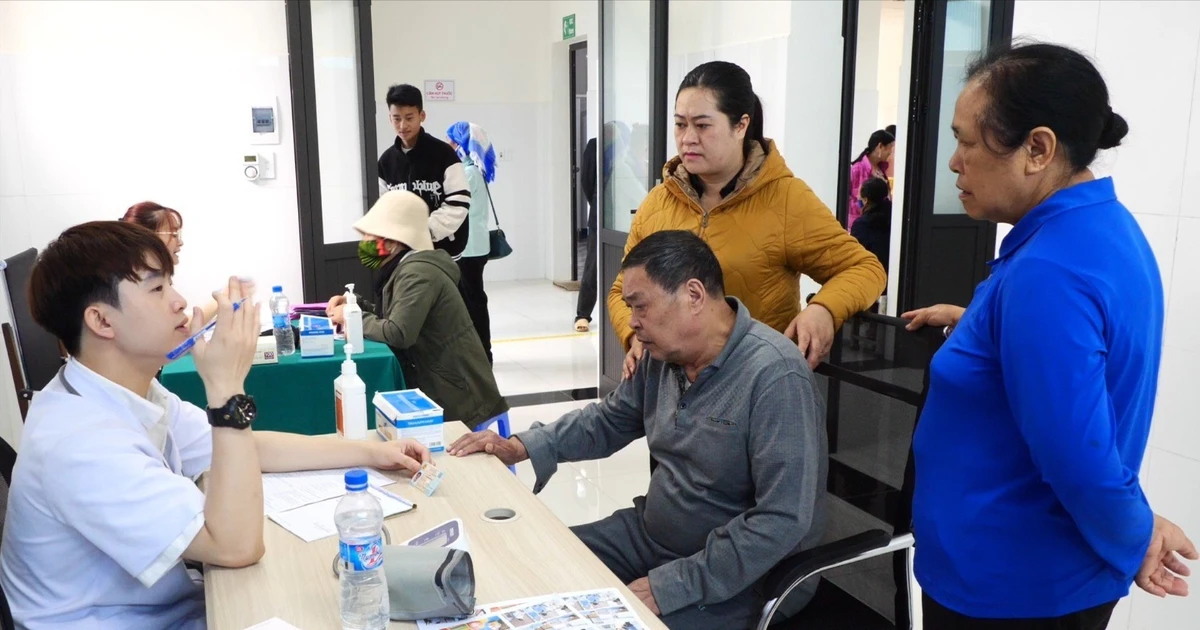
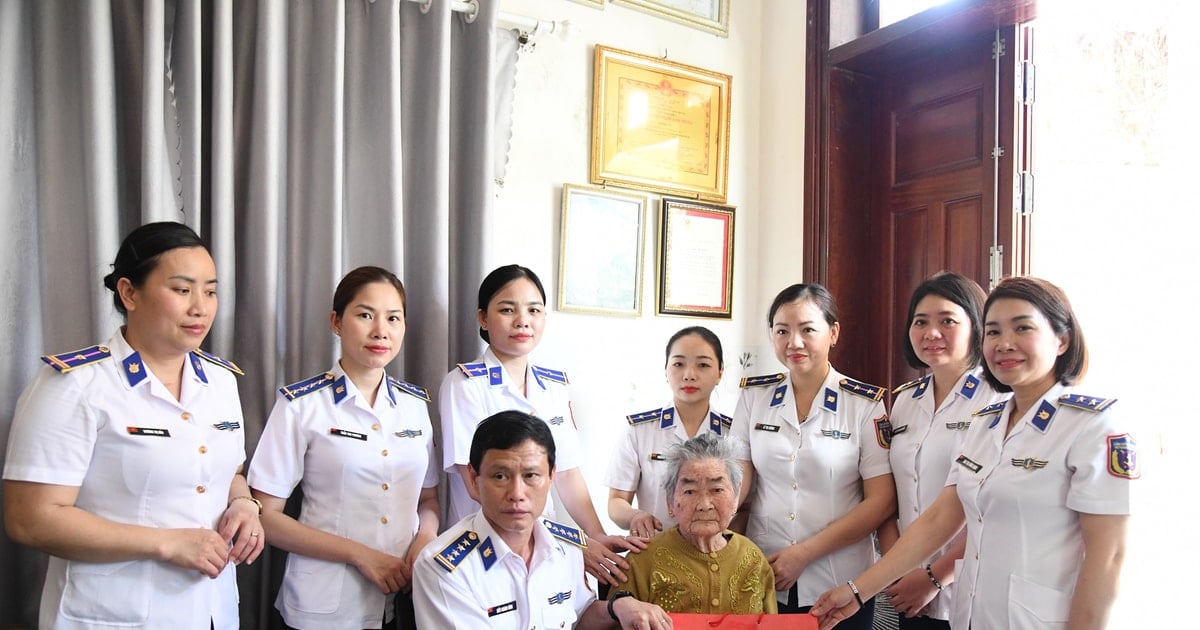

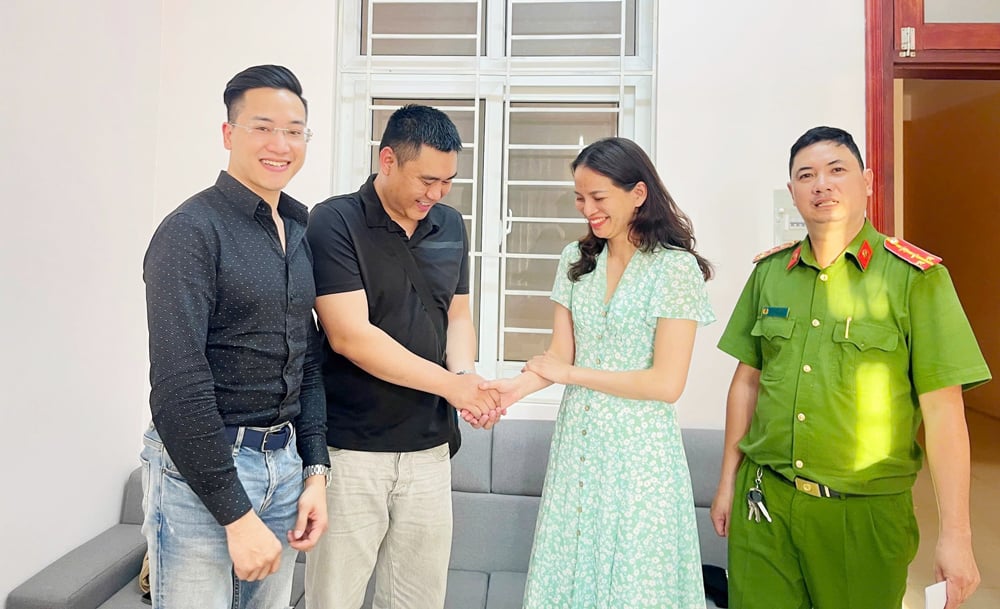
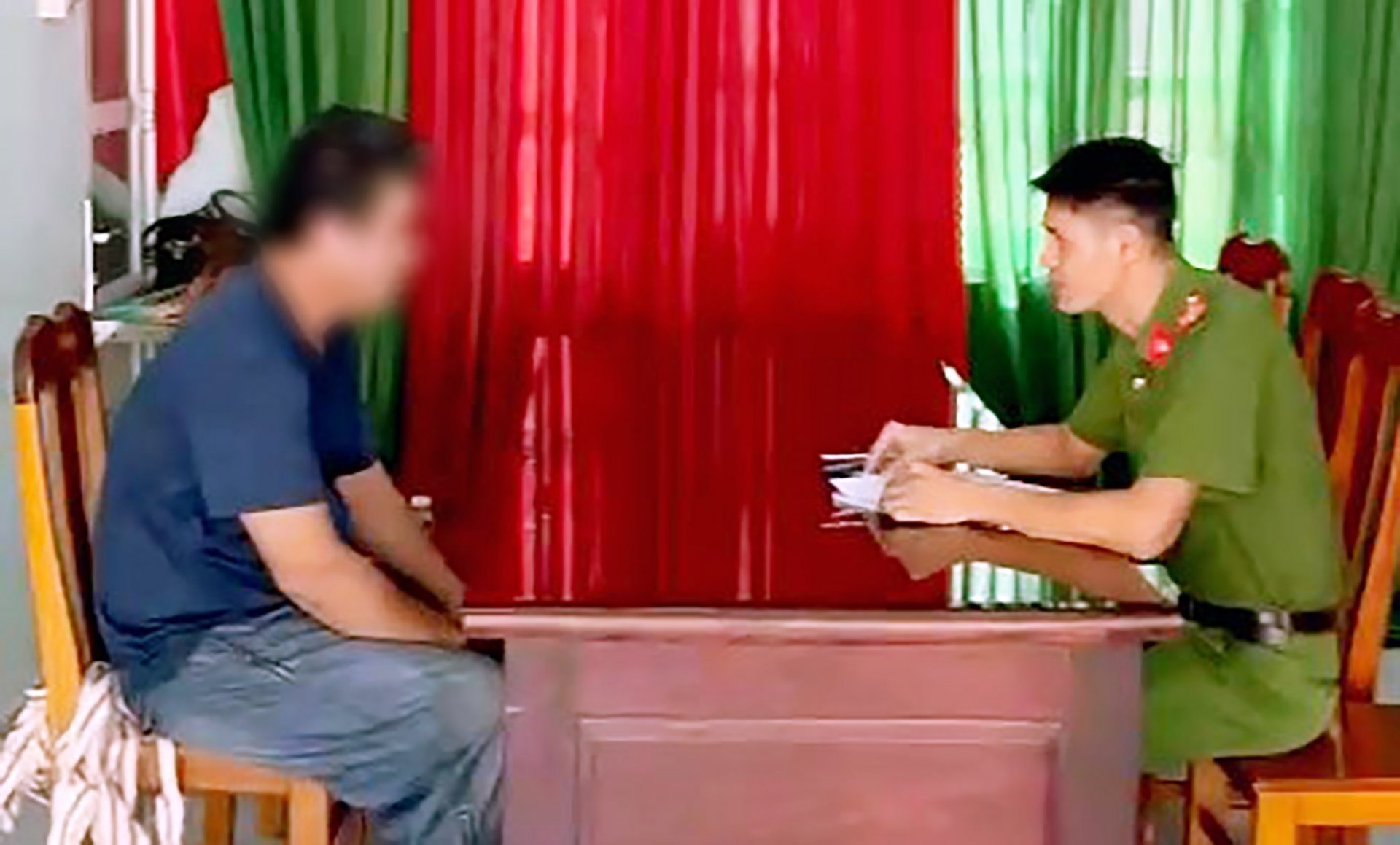



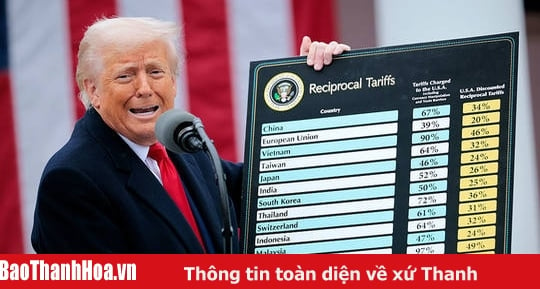





































































Comment (0)